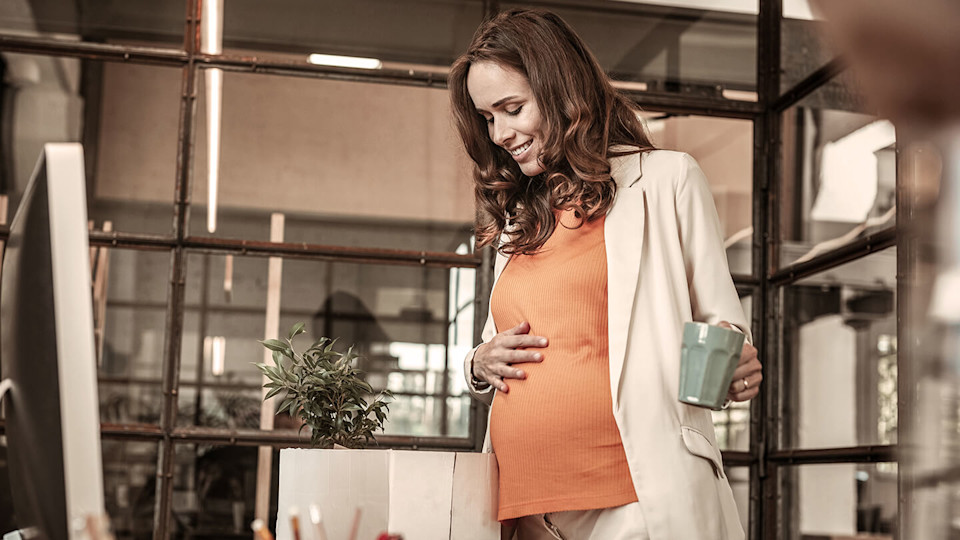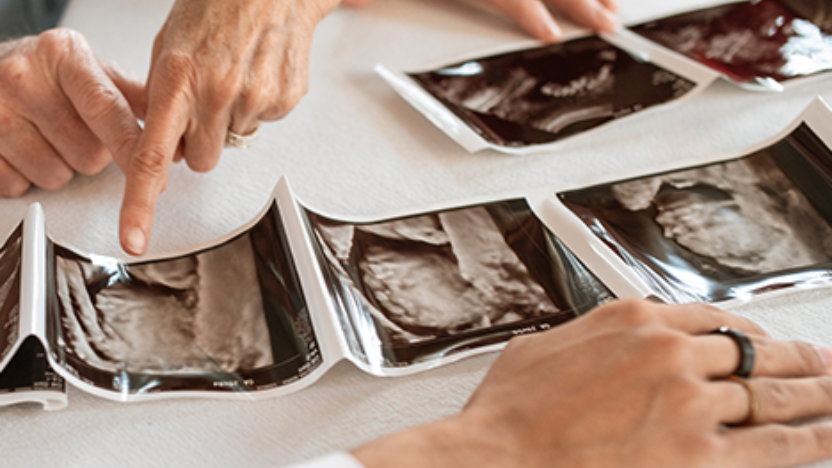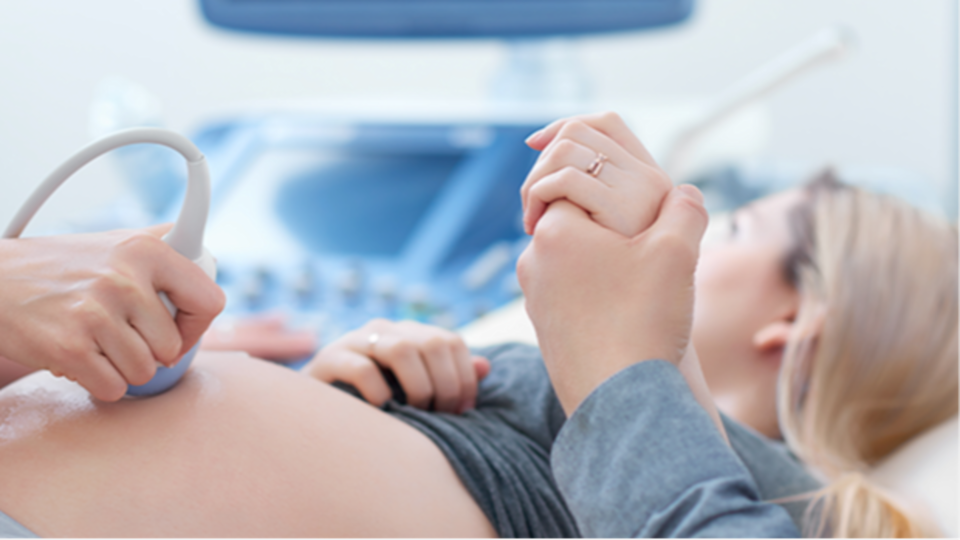
Medical Negligence
The risks of sepsis during pregnancy
Spotting the early signs of sepsis in pregnancy and after birth can help save lives. If you think you received substandard medical care in diagnosing and treating sepsis, speak to our experts.
The risks of sepsis during pregnancy
Infection in pregnancy or just after your baby’s birth should never be ignored, as it can turn into something more serious. Some infections can progress and get worse, which can cause the body to respond and the immune system to overreact, damaging organs and tissue. This is known as sepsis.
Most women do not suffer from infections or sepsis during or after pregnancy, but it can still happen and needs to be treated quickly when it does.
What is sepsis during pregnancy?
Sepsis can develop at any time during pregnancy, childbirth, or in the months following. Pregnancy alters the body’s immune system, which can make pregnant women slightly more susceptible to infections that can cause complications like sepsis.
When you get sepsis during pregnancy, it is known as maternal sepsis. Those most at risk are pregnant women who have a chronic condition impacting one of their organs, though it can also develop from a urinary infection or pneumonia.
If sepsis develops within six weeks of delivery, this is commonly referred to as postpartum sepsis or puerperal sepsis. Neonatal sepsis can also occur in newborns when the infant is less than 28 days old.
What are the signs of sepsis in pregnancy or labour?
The majority of maternal sepsis symptoms are the same as sepsis symptoms found in the general population. It is important that if you have any of the symptoms, you should seek medical attention immediately. These include:
- Slurred speech or vision
- Extreme shivering
- Passing no urine
- Serve breathlessness
- Skin discolouration
For more information, visit our blog covering the symptoms and how to report them to your doctor.
Additional symptoms which might affect people during or after pregnancy due to the possibility of infection include:
- Fever and chills
- Dizziness
- Lower abdominal pain
- Vaginal bleeding or irregular discharge
- Increased heart rate
- Discomfort or illness
If you suspect that might have sepsis, call 999 or go to A&E at the earliest possible convenience.
Is there are higher risk of sepsis during pregnancy?
Pregnant women do face a slightly higher risk of sepsis due to changes with their immune system, risks with complicated pregnancies, and the need for procedures.
The most common causes of maternal sepsis while pregnant are bacterial infections in the uterus, urinary infection, or pneumonia. Infection can also be caused by miscarriage, C-section, membrane rupture and stillbirths.
Pregnant women who have pre-existing conditions that impact their organs are at higher risk as well as those who deliver via C-section, women who are younger than 20 years old at the time of birth, Hispanic, Black and Asian women.
Can medical negligence lead to sepsis in pregnancy or labour?
The risk of developing an infection can be reduced by practicing good hygiene, keeping surgical wounds clean, and staying up to date on vaccines, including the flu vaccine. Where infection does occur, treatment can limit the impact of sepsis in its earliest stages and help save lives.
This means that if standards in the delivering of care and treatment during pregnancy – such as mistakes during a C-section or a lack of proper hygiene – the risk of infection and complications such as sepsis are greatly increased. What’s more, it is crucial that the signs of sepsis in pregnancy are identified early to ensure treatment is provided without delay.
Maternal and postpartum sepsis can be treated with a combination of medications and procedures, such as antibiotics to treat the infection, which can, in some cases, be lifesaving. Other methods of treatment include IV fluids, vasopressors to increase blood pressure, and sometimes surgery. Treatment may require a multidisciplinary team consisting of obstetricians, gynaecologists, anaesthetists, and intensivists.
If you are concerned about the treatment you received for maternal sepsis, you can get in contact with one of our medical negligence experts today.
How Slater and Gordon can help
Recovery after sepsis can be physically and mentally challenging for anyone, even more so if they have a newborn. Sepsis can mean an extensive hospital stay and a long recovery period at home. Alongside our legal support for mothers and children who have developed sepsis, we also work closely with The UK Sepsis Trust, a charity who aim to raise awareness of sepsis through public campaigns and educating health professional whilst supporting those who have been affected by sepsis.
If you believe you developed sepsis due to a medical mistake, including, misdiagnosis, medication mistakes or if the improper tests were carried out, you can get in contact with our medical negligence solicitors, who will be able to assist you. You can contact them on 0330 041 5869 or online.



